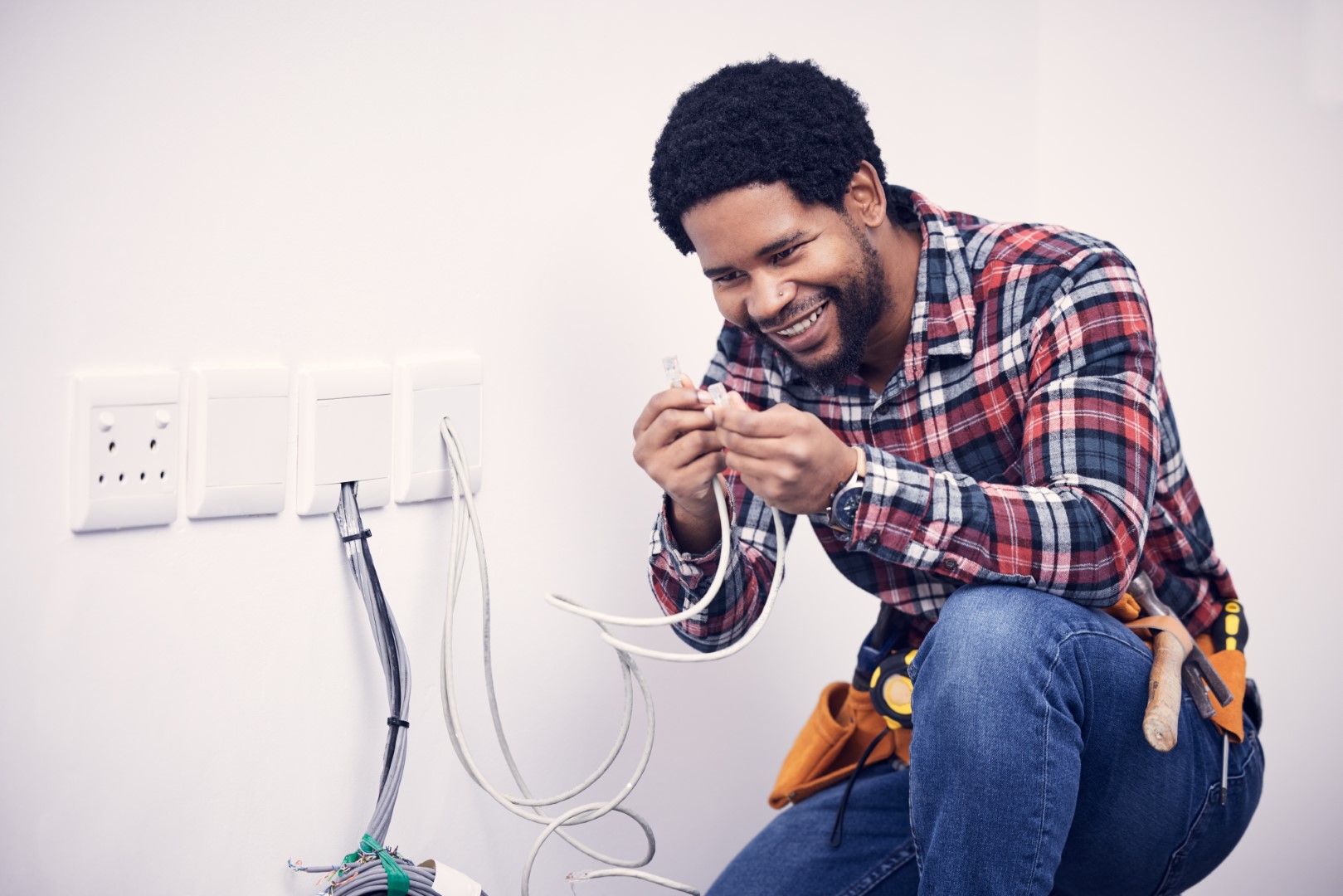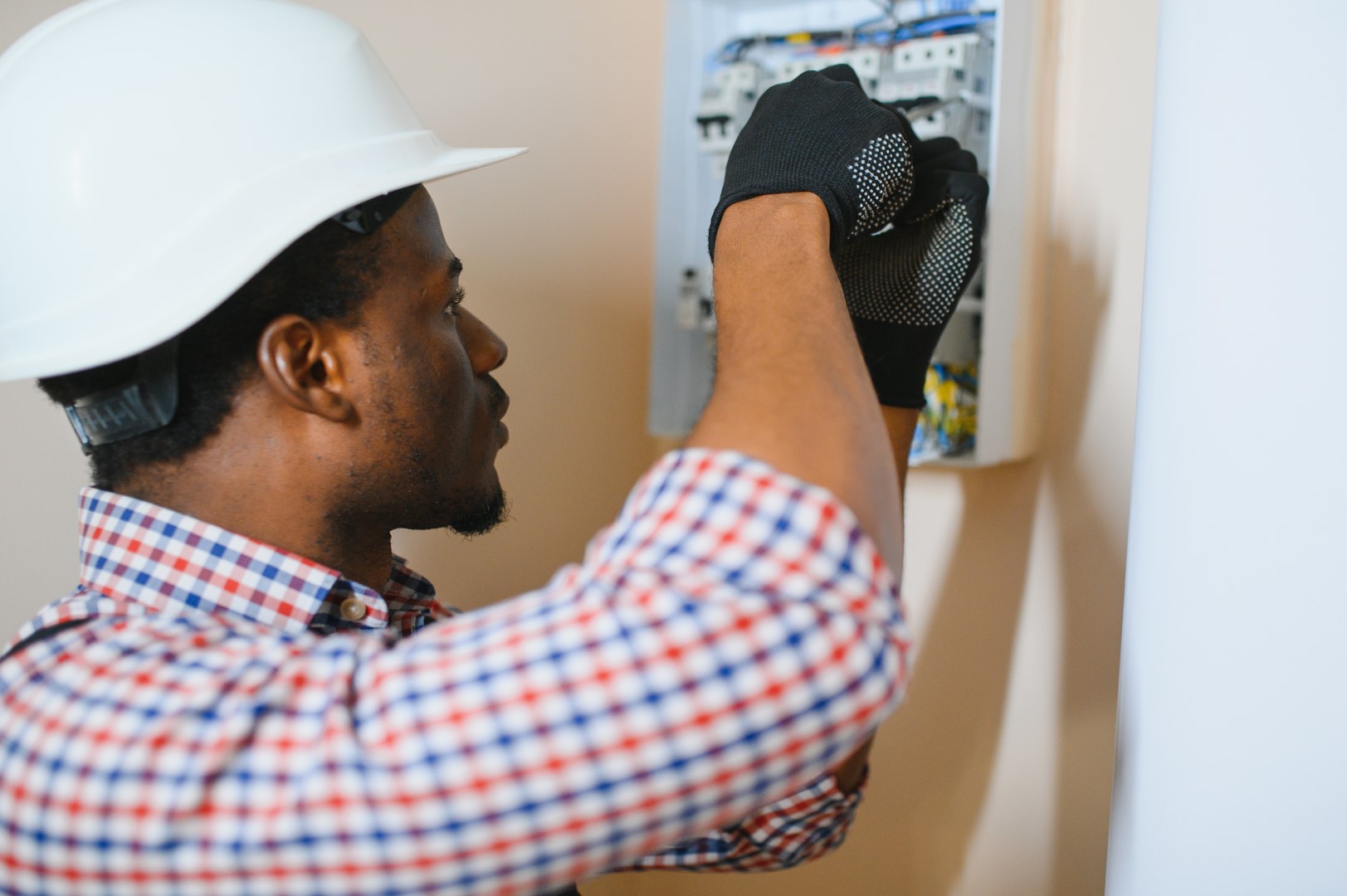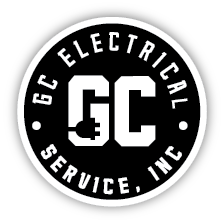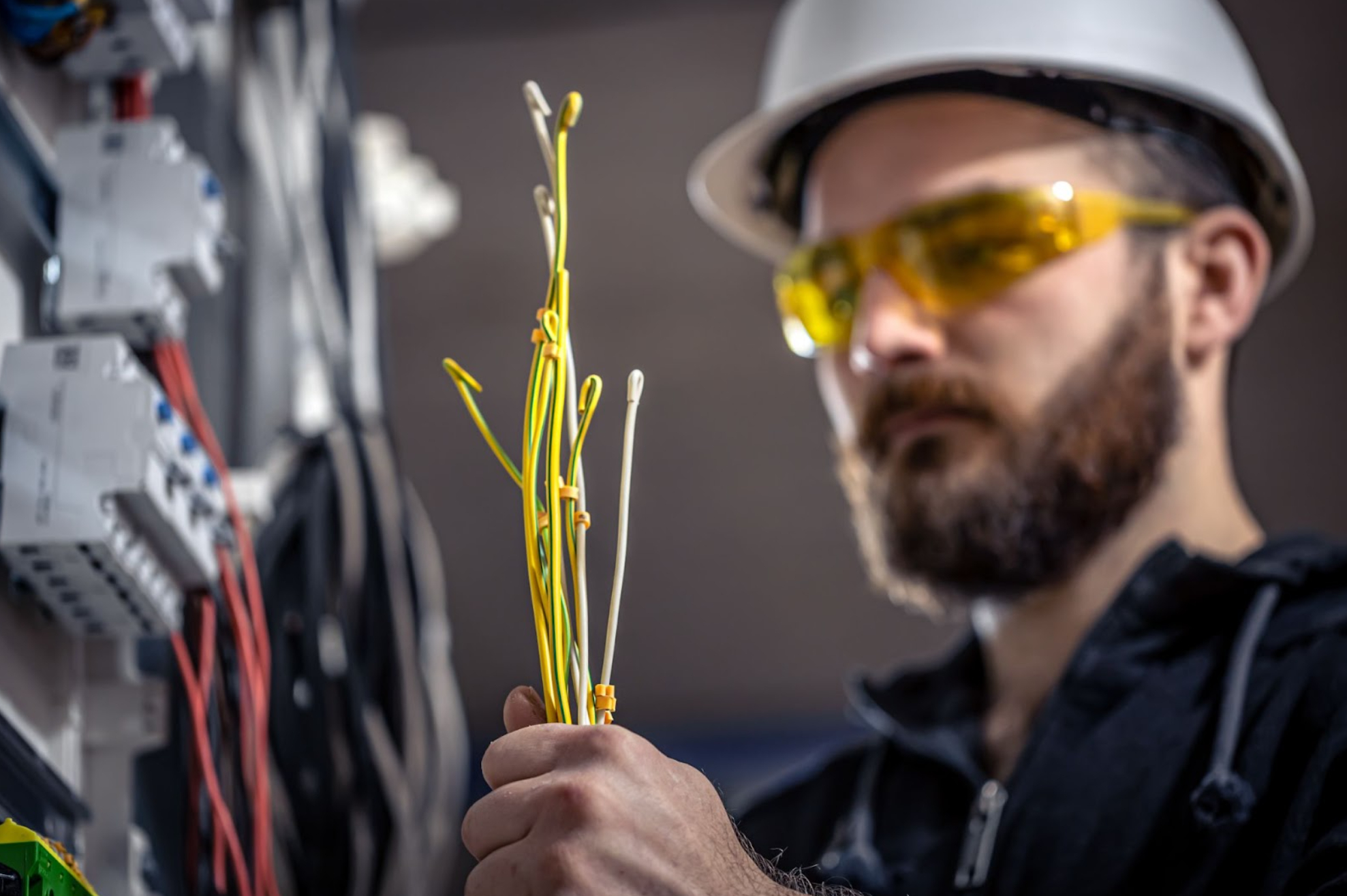Owning a home means taking on the responsibility of maintaining every aspect of your new space, including managing potential electrical issues. One area that often causes concern for new homeowners is electrical troubleshooting. Whether it's a flickering light, a tripped breaker, or a non-functional outlet, understanding how to address these common issues can save you time, money, and stress—navigating the basics of electrical troubleshooting, equipping you with the knowledge to handle minor problems on your own and recognize when it's time to call in a professional. You can keep your home's electrical system safe and functional with the right approach.
Understanding Your Home's Electrical System
Before diving into troubleshooting, it's crucial to understand the basics of your home's electrical system. Your home is wired with a network of electrical circuits that deliver power to outlets, lights, and appliances. These circuits are protected by circuit breakers in your electrical panel and are usually found in the basement, garage, or utility room. The circuit breakers shut off power to a circuit if it becomes overloaded, preventing damage to your wiring and reducing the fire risk.
Familiarizing Yourself With the Electrical Panel
Familiarize yourself with the electrical panel by locating the main breaker, which controls power to the entire house, and the individual breakers, which control specific circuits. Each breaker should be labeled to indicate which part of the house it serves. Understanding this layout will help you quickly identify and resolve issues when they arise.
Common Electrical Problems and How to Troubleshoot Them
Now that you have a basic understanding of your home's electrical system let's examine some of the most common electrical problems you might encounter and how to troubleshoot them.
Tripped Circuit Breakers
A tripped circuit breaker is one of the most common electrical issues homeowners face. This issue usually happens when a circuit is overloaded with too many devices, causing the breaker to shut off to prevent overheating and potential fire hazards. If you suddenly lose power to a section of your home, the first thing to do is check the breaker panel. To troubleshoot a tripped breaker, locate the panel and look for a breaker that has moved to the "off" position or is somewhere between "on" and "off." Reset the breaker by flipping it to "off" and back to "on." If the breaker trips again immediately, this could indicate a more serious issue, such as a short circuit or ground fault requiring professional attention. If the breaker stays on, try to reduce the load on that circuit by unplugging some devices or moving them to a different circuit. Repeatedly overloading a circuit can cause wear and tear on your electrical system, so managing your power usage is important.
Flickering Lights
Flickering lights can be annoying and concerning, as they can indicate an underlying electrical issue. There are several reasons why lights might flicker, ranging from something as simple as a loose bulb to more serious wiring problems. Start by checking the light bulb to ensure it's securely screwed in. A loose bulb can sometimes cause flickering; tightening it will solve the problem. If the bulb is tight and the flickering continues, try replacing the bulb with a new one. If that doesn't resolve the issue, the problem could be with the light fixture, the switch, or the wiring. If multiple lights in different parts of the house are flickering, this could indicate a larger issue with your home's electrical system, such as a voltage fluctuation or a problem with the service connection. In this case, it's best to consult a professional electrician to diagnose and fix the problem.
Dead Outlets
Discovering that an outlet is no longer working can be frustrating, especially if you use it frequently. Dead outlets can be caused by many issues, including a tripped breaker, a tripped Ground Fault Circuit Interrupter (GFCI) outlet, or a problem with the wiring. Start by checking the breaker panel to see if the breaker controlling that outlet has tripped. If the breaker is fine, check if the outlet is a GFCI commonly found in bathrooms, kitchens, and outdoor areas. GFCI outlets have "test" and "reset" buttons, and if the outlet has tripped, pressing the "reset" button should restore power. If the outlet still doesn't work, the wiring may have become loose or damaged, or the outlet itself may need to be replaced. This task is best left to a professional electrician, as working with wiring can be dangerous if inexperienced.
Light Switches Not Working
If you flip a switch and nothing happens, the issue could be with the switch itself, the light fixture, or the wiring. Begin by checking the light bulb to ensure it's not burnt out. If the bulb is fine, the next step is to test the switch. A switch can wear out over time, especially if used frequently. It may need replacement if it feels loose or doesn't click properly. Replacing a switch is a relatively simple job, but calling in a professional is a good idea if you're uncomfortable working with electrical components. If replacing the switch doesn't fix the problem, the issue could be with the wiring. Faulty wiring can be dangerous and should be addressed by a licensed electrician.
Overloaded Circuits
Overloaded circuits are a common cause of tripped breakers and other electrical issues. An overloaded circuit occurs when too many devices are plugged into a single circuit, drawing more power than the circuit can handle. Be mindful of how many high-power devices you have plugged into the same outlet or circuit to prevent overloaded circuits. Appliances like microwaves, refrigerators, and air conditioners draw a lot of power and should be plugged into their dedicated circuits whenever possible. If your breakers frequently trip due to overloaded circuits, it may be time to upgrade your electrical system to handle your household's power needs better. A professional electrician can assess your system and recommend the necessary upgrades.
When to Call a Professional
While homeowners can safely handle some electrical issues, knowing your limits is important. Electrical work can be dangerous, and improper repairs can lead to fires, electrocution, or serious damage to your home's electrical system. Generally, if you're dealing with anything more complicated than flipping a breaker or replacing a bulb, it's best to call a professional electrician.
Specific situations that warrant professional help include repeated breaker trips, sparks or smoke from outlets or switches, a burning smell near electrical fixtures, or any sign of water damage around electrical components. Additionally, if you have an older home with outdated wiring, such as knob-and-tube or aluminum wiring, it's essential to have it inspected by a professional. These types of wiring can be hazardous and often do not match current electrical codes. Hiring a licensed electrician is crucial if you're planning any major electrical work, such as installing new circuits, upgrading your electrical panel, or adding new outlets or lighting. Even if you're handy around the house, these tasks require specialized knowledge and tools to ensure the work is done safely and up to code.

Electrical Safety Tips for New Homeowners
As a new homeowner, it's important to prioritize electrical safety in your home. Here are some tips to help you avoid common electrical hazards and keep your home safe:
Regularly Inspect Your Electrical System
Periodically check your outlets, switches, and electrical panel for signs of wear and tear. Look for loose outlets, discolored switches, or any unusual odors that could indicate a problem.
Avoid Overloading Circuits
Be mindful of how many devices you have plugged into a single outlet or circuit. If you need additional outlets, consider having a professional install them rather than relying on power strips or extension cords.
Install Safety Devices
Consider installing surge protectors, arc fault circuit interrupters (AFCIs), and ground fault circuit interrupters (GFCIs) to protect your home from electrical hazards. These devices can help prevent fires and electrical shocks by automatically shutting off power when a problem is detected.
Educate Your Family on Electrical Safety
Make sure everyone in your household knows the basics of electrical safety, such as not sticking objects into outlets, avoiding using electrical appliances near water, and knowing how to turn off the power in an emergency.
Schedule Regular Maintenance
Even if your electrical system seems to be working fine, regular maintenance is key to preventing problems. Scheduling an annual inspection with a professional electrician can help catch potential issues before they become major problems.
The Importance of Upgrading Your Electrical System
If you recently purchased an older home, consider upgrading the electrical system. Many older homes can't handle modern life's electrical demands, which can lead to frequent tripped breakers, flickering lights, and other issues. Upgrading your electrical panel, adding additional circuits, and replacing old wiring can improve the safety and functionality of your home's electrical system.
This updating is especially important if your home has outdated wiring, such as knob-and-tube or aluminum, which can pose a significant fire hazard. A licensed electrician can assess your home's electrical system and recommend the necessary upgrades to ensure your home meets current safety standards and can handle your household's power needs.
Planning for Future Electrical Needs
As your family grows and your needs change, you may find that your home's electrical system needs to be expanded or upgraded. Whether adding a new room, installing a home office, or upgrading your kitchen appliances, planning for these changes in advance is important. Consulting with a professional electrician can help you determine the best way to expand your electrical system to meet your needs safely and efficiently. This strategy can include adding new circuits, upgrading your electrical panel, or installing additional outlets and lighting.
Finding a Reliable Electrician
Finding a reliable and experienced electrician is crucial for electrical work. Look for a licensed electrician with good reviews and a solid reputation in your community. Ask for recommendations from friends or neighbors, and don't be afraid to ask the electrician for references. A good electrician will happily provide proof of their licensing and insurance and communicate the work required and the associated costs. Working with a trusted professional can give you peace of mind, knowing that your home's electrical system is in good hands.

The Importance of Home Electrical Troubleshooting
Electrical troubleshooting is essential for new homeowners, but it's important to know your limits and recognize when to call a professional. Understanding your home's electrical system and practicing basic safety measures can prevent many common issues and keep your home safe. Feel free to seek professional help if you encounter a problem you're uncomfortable handling alone.
If you found this guide helpful and want to learn more about maintaining and improving your home's electrical system, visit our GC Electrical Service Inc. blog. Our blog offers a wealth of information and insights on all things electrical, helping you stay informed and prepared to handle any electrical challenges that come your way.


